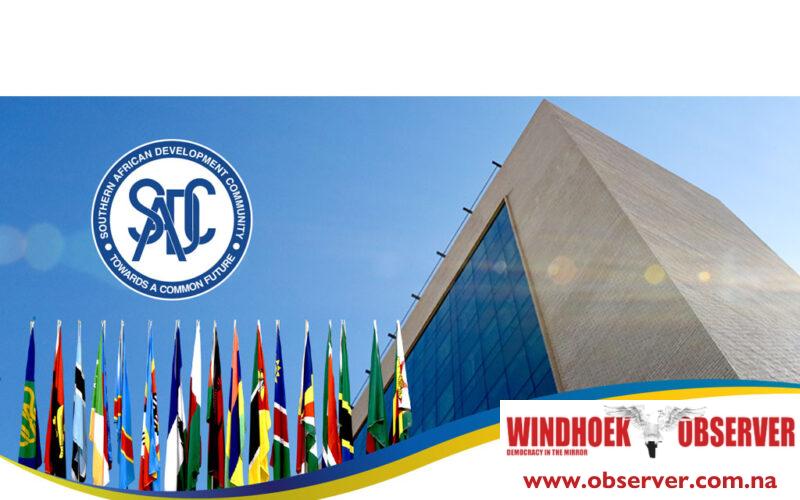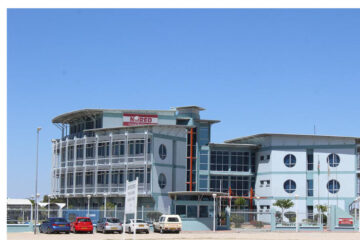Niël Terblanché
The Southern African Development Community (SADC) will host a crucial meeting for Heads of Anti-Corruption Agencies (ACAs) in Swakopmund from 11 to 13 October 2023.
According to a statement by the Chief Public Relations Officer of the Namibian Anti-Corruption Commission, Josefina Nghituwamata, the core objective of the workshop is to fortify the execution of the SADC Strategic Anti-Corruption Action Plan (2023-2027).
A key feature will be enhancing coordination efforts between the SADC Secretariat, Member States, and their respective ACAs. This workshop aims to elevate awareness among ACA leaders regarding the SADC Protocol against Corruption, facilitating discussions on emerging corruption concerns and promoting a better understanding of regional frameworks that the ACAs will implement.
Since its adoption by SADC Heads of State and Government in 2001, the SADC Protocol against Corruption has been a cornerstone in the fight against corruption in the SADC region.
This Protocol, which became operational in July 2005, encompasses efforts to curb corruption in both public and private sectors.
Central to the Protocol’s mission is the State Parties’ development and strengthening of anti-corruption mechanisms.
This includes bolstering investigative capacities, formulating preventative strategies, and fostering an environment resistant to corrupt practices.
She said the main aspect of the Protocol is its emphasis on inter-state collaboration. Recognizing corruption as a transboundary issue, the Protocol prioritizes mutual legal assistance, sharing information, expertise, and best practices among member nations.
The SADC Anti-Corruption Committee (SACC), established in 2015, has been instrumental in the Protocol’s operationalization.
Their past achievement includes the SADC Strategic Anti-Corruption Plan (2018-2022), which transitioned to the current 2023-2027 plan, emphasizing the necessity of addressing Illicit Financial Flows (IFFs) among other challenges.
The forthcoming workshop will delve deep into pressing topics such as Corruption and Illicit Financial Flows, the role of the Private Sector in IFFs, Anti-Corruption Agencies’ function in addressing Transnational Organized Crime, and fortifying interactions between ACAs and Customs.
Local experts from Namibia, members of the SADC Parliamentary Forum, and representatives from Member States will offer insights into the current efforts to tackle IFFs, Transnational Organized Crime, and engagement with customs.
The workshop will also foster collaboration and discussions with eminent partners like GIZ, UNODC, and AUABC to augment regional and global efforts in the battle against corruption.




